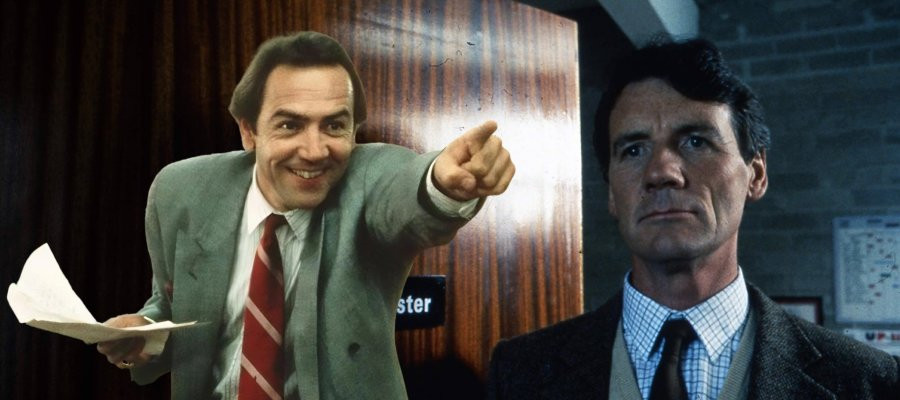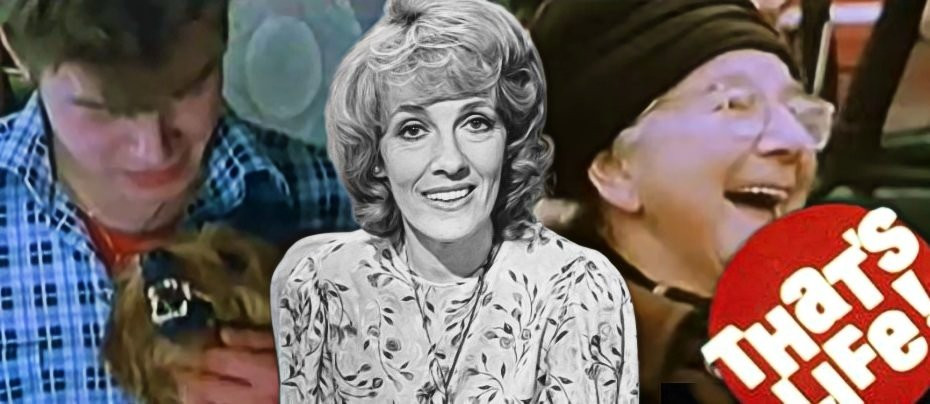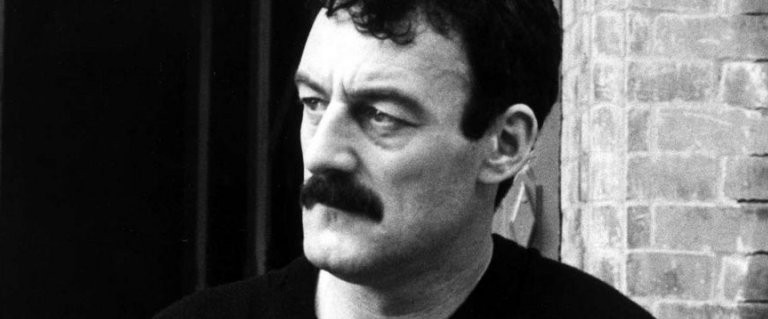
Victoria Wood
Biography: Brian Slade
There are many departed comedians, actors and writers of whom it is said they were ground-breaking, one of a kind or from a mould that was subsequently broken. Whilst the majority have significant merit, there are few that can have had the lasting impact however of one lady who won awards throughout her career for her writing and performing, was as adept at producing touching drama as she was at belly-aching comedy, and broke down barriers for women in comedy. Victoria Wood was all of these things and more as she brought laughter and tears to audiences with a gentle, soulful reality that is hard to find in the comedy world she has left behind.
Born and raised in Bury, Lancashire, Victoria Wood was a variation on the oft mentioned idea of comedians being sad clowns. A shy pupil, Wood lived with her siblings and parents, but largely in separate rooms in their home. She had a piano in her room and it was here she spent much of her childhood in quiet isolation. She admitted that she was envious of her popular, confident schoolmates but while she yearned for the popularity they had, it did give her material to file away for future use in her comedy career. Even her beloved piano caused her angst. While being an exceptional site reader, she abandoned lessons because she couldn’t play with her teacher in the room. She attained much of her musical knowledge once her family left the house, practicing only while they were out and then hastily slamming the lid shut upon their return.
Wood struggled to find her place in the world. She had a desire to be involved in comedy since seeing Joyce Grenfell onstage when she was a child, marvelling not just at the humour but also at the fact that a woman could stand on a stage on her own and be funny. In those days, that seemed like a remarkable achievement for a female performer. Wood would watch nothing but comedy on television, and when she was in her mid-teens she finally found an outlet for her creative yearnings as she enrolled in a youth theatre in Rochdale and subsequently studied drama at Birmingham University.
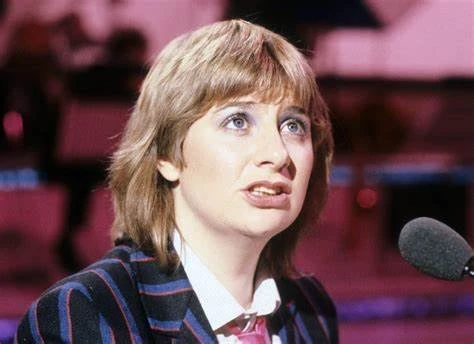
Her first appearance on television was on renowned talent show New Faces. She passed through the first heat, but was knocked out in the second round, but it was enough to raise eyebrows in the business at this fresh musical comedy talent. Most notable of her early successes were appearing regularly in the BBC’s popular magazine programme That’s Life and achieving great success with a programme called Talent, based on an award-winning play Wood wrote in 1978 and reworked for television starring Julie Walters. It was the start of a creative partnership that would last for the rest of Wood’s life, and had it been officially a double act, it would have been held high as one of the finest in television history.
Granada Television’s head of drama at the time, Peter Eckersley, was the man responsible for commissioning Talent and it was he who offered Wood the chance of her first comedy sketch show success as she teamed up with Walters again for Wood and Walters. Between the BAFTA nominated pilot and the subsequent series, Eckersley passed away. With the man Wood credited as having provided her with her big break gone, the project went far less to plan, with Wood unhappy at the casting of supporting contributors and the bizarrely aged small studio audience. There were seeds of future successes, but Wood and Walters ended after one series.
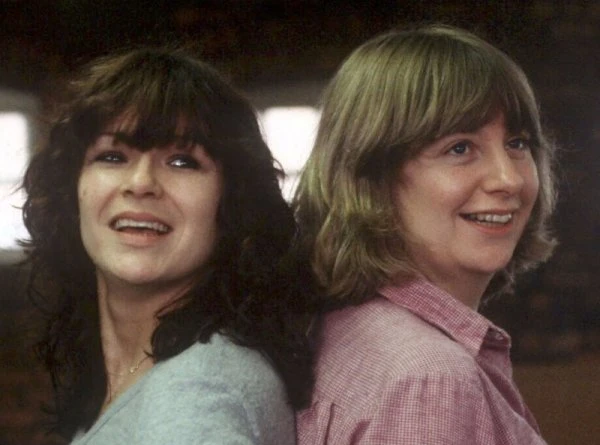
The big change in Victoria’s career came when she left Granada for the BBC. Here, the sketch show format for Victoria Wood as Seen on TV would be far more under her control, including the talent that she was able to work with. Duncan Preston and Julie Walters would stay with her after Wood and Walters , but being able to call on the likes of Celia Imrie, Susie Blake and Patricia Routledge made certain that this show would be a success – and indeed it was.
Wood was remarkably generous as a writer. Many of the sketches in her own show either only involved her as a feed for the comic lines she afforded the other performers, or didn’t feature herself at all. She also learned from Wood and Walters that it was far better to write excess material and leave some unused rather than try to simply write 30 minutes of comedy. She once mentioned that she threw roughly half of what she wrote for …as Seen on TVaway.
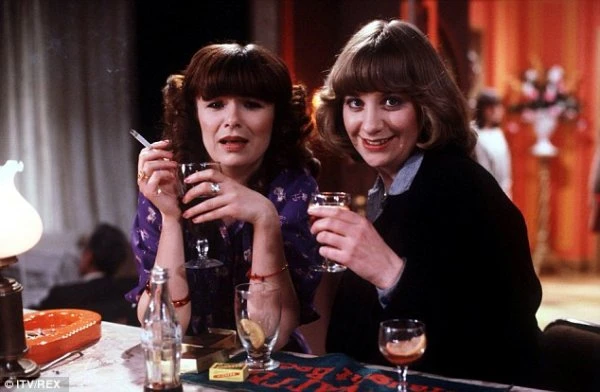
Providing the wrapper for such glorious sketches as Blake’s privileged snobbish television announcer, Routledge’s dismissive and status-aware agony aunt Kitty, Walters as the tone-deaf hapless and forgetful ‘two soups’ waitress and of course the glorious Crossroads send-up, Acorn Antiques was an intro and exit from Wood’s stage show.
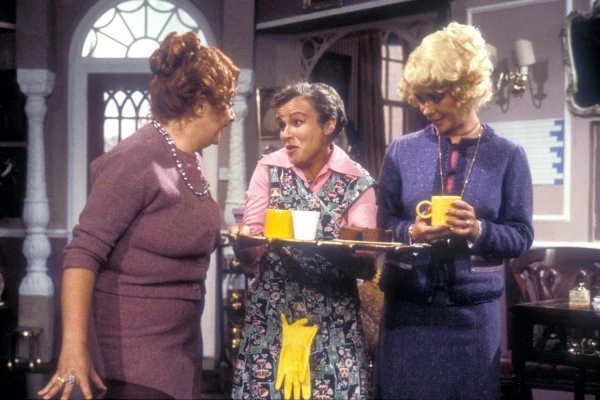
An opening monologue behind a stand-up mike started the show and Wood signed off with one of her witty piano pieces, most famously the Freda and Barry back and forth tour-de-force, better known as ‘Let’s Do It.’ It was these starting and ending elements that were Victoria Wood at her finest, and indeed most reflective of her career to that point. She once told Melvyn Bragg that at the start of her career she remained permanently at the piano, before moving on to leaning on the piano crook and then a stand microphone before becoming comfortable enough to roam the stage for her stand-up routines.
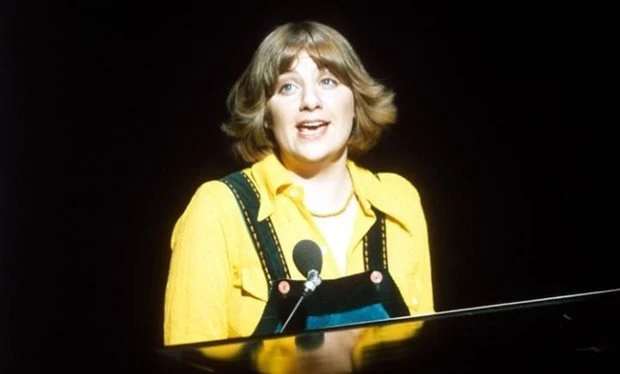
As the 1980s closed, Wood took her turn in the limelight of the famed Audience With…series, to such a successful extent that she collected a BAFTA for her performance. Subsequently, although she would always dip back into her stand-up career and sketch show comedy for tours or one-off Christmas specials, her skills were now so finely honed that she was able to turn her hand to a multitude of formats and in a range of roles. Her next effort, simply titled Victoria Wood, was less successful than her sketch shows however as she turned her hand to six individual sitcom playlets. Critics were not overly keen and Wood herself was unimpressed with her own writing and performance. But this was soon forgotten when Victoria returned with Pat and Margaret , in which she played opposite Julie Walters once again. Walters’ character Pat was living the highlife as a US soap star, but her return to the UK on a surprise reunion show throws her together with Wood’s Margaret, her sister from whom she had managed to lead a separate life for 27 years as Margaret led a more mundane life working at a motorway service station. Pat and Margaretadded two more BAFTA nominations to Wood’s already impressive CV.

In 1998, Wood wrote and starred in the sitcom dinnerladies. Perhaps more than any other work, this typified the thread that had been running through her success. A collection of middle-aged women working in a factory canteen in the north, with Wood playing deputy manager Brenda. The show combined all the elements of Wood’s career to that point. Generous in her writing, the majority of laughs are shared around the excellent ensemble cast, and despite an element of melancholy running through the scripts, dinnerladiescombined a gentle and warm heart with some belly-laugh moments… and somewhat inevitably, garnered further BAFTAs for its creator.

In the subsequent years, Wood dabbled in variety of roles and formats – from writing the drama of Housewife, 49 to starring as Sadie Morecambe, Eric’s mother, in biopic Eric and Ernie, while creating a successful musical stage version of Acorn Antiques. Those musical muscles were exercised once more when she wrote the stage musical That Day We Sang in 2011, a television version of which she directed in 2014 starring Michael Ball and Imelda Staunton.
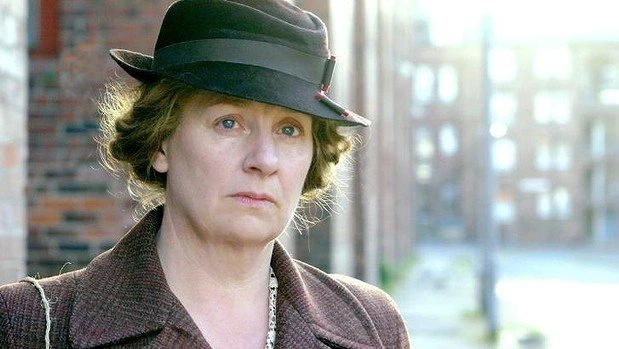
Victoria Wood was a shy and private person. She didn’t live the celebrity lifestyle and was reluctant to draw heavily from her personal life in her comedy, preferring to focus on the northern characters and way of life she had grown up around. It’s somewhat typical of the lady therefore that her untimely passing came out of the blue. Only those very closest to her knew of a terminal cancer diagnosis late in 2015 as what would become her final acting role, Fungus the Bogeyman, was aired. She passed away in April 2016 aged just 62.
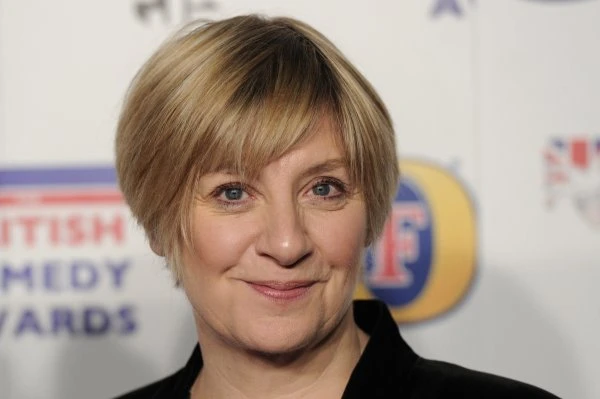
The ground breaking nature of Victoria Wood’s career was not something she particularly considered. When asked what doors had been opened by her for other women, she said that it didn’t really worry her about the amount of women performing stage comedy, just as long as whoever was performing was good. Melvyn Bragg described her as a master of observation and mimicry without being callous, and that was a constant within her comedy. She avoided the alternative comedy scene that appeared around the same time as she was breaking through and although some of her comedy has been described as satirical it is a term that seems overly sharp. Hers was a gentle, well observed pastiche of a world that she preferred to depict as optimistic and positive and there is no doubt that television and stage comedy is a poorer place without the hysterical yet soothing comedy of Victoria Wood.
About the writer of this article:
Born and raised in Dorset, Brian Slade turned his back on a twenty-five-year career in IT in order to satisfy his writing passions. After success with magazine articles and smaller biographical pieces, he published his first full-length work, `Simon Cadell: The Authorised Biography'.
Brian is a devoted fan of the comedy stars of yesteryear, citing Eric Morecambe, Ken Dodd, Harpo Marx and Dudley Moore amongst his personal favourites. He was drawn to the story of Simon Cadell through not only `Hi-de-hi!' but also `Life Without George', a programme he identified with having grown up in the Thatcher era.
Published on August 16th, 2020. Written by Brian Slade for Television Heaven.




